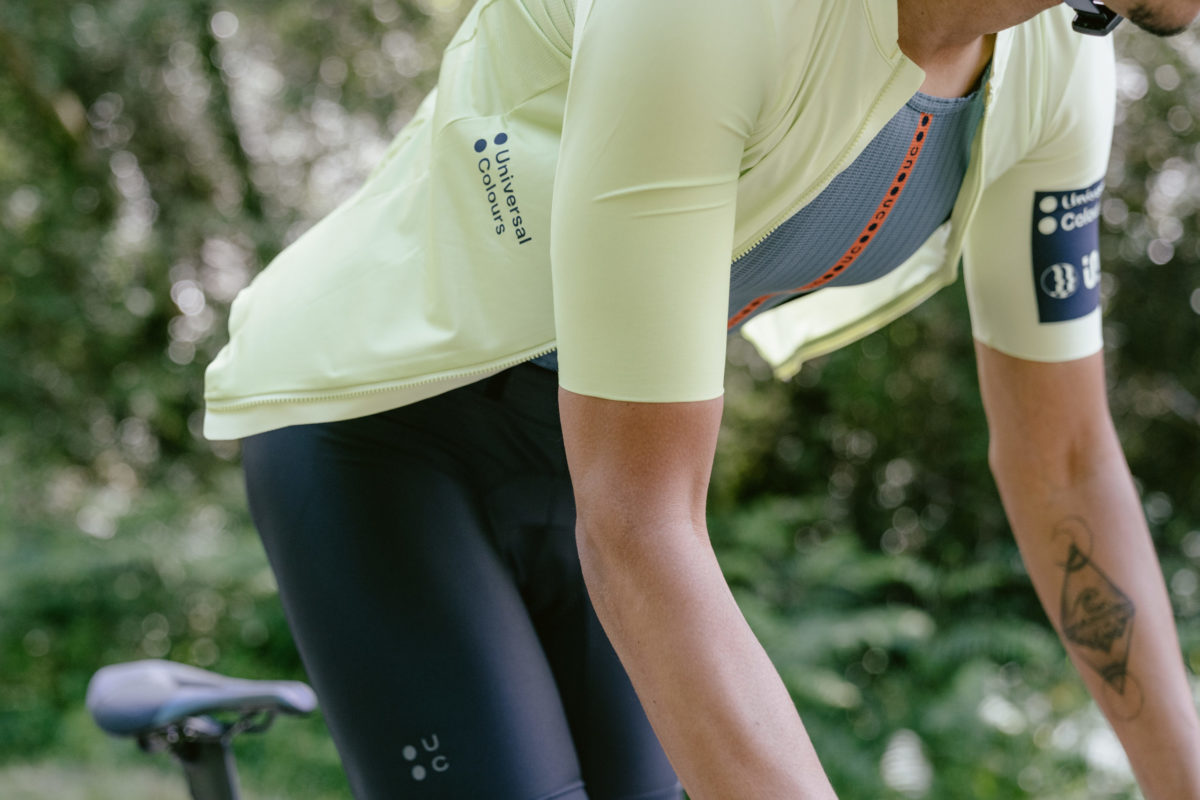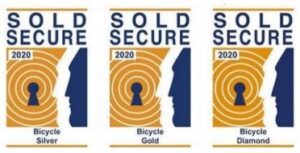Do you make sustainable cycling purchases?

Whether I’m buying a shoe or a waterproof, a coffee or a helmet I look for sustainability cues. Where is the product made? What’s it made of? Was the producer paid a fair price? Will it last? Is it over-packaged? Sometimes, even, what is its carbon footprint? In other words, is it ‘green’?
Sometimes this leaves me going round in circles. If there’s no information on the product, I’ll look at the brand’s environmental and ethical policies (not always easy when you are queuing for a quick mid-ride flat white and flapjack). Or I’ll start reading about the pros and cons of different materials, like bamboo, recycled plastic (which is increasingly used in clothes) and merino.
This is extreme. It takes me an age to make decisions – especially on big-ticket items with bigger environmental footprints, like bikes. I am probably suffering from eco-anxiety. So too are millions of others apparently.
Do you consider sustainability when making a cycling purchase?
— March 31, 2016
Some 55% of adults are affected by eco-anxiety, according to the British Association for Counselling and Psychotherapy. Children too have been sucked into this feeling of impending doom and helplessness about what to do to ‘save the planet’: 19% have had bad dreams about climate change, reported The Lancet, while 41% don’t trust us grown-ups to do something about it.
But from the advice I’ve read this is nothing to be worried about: it’s a healthy response to the climate crisis we are facing. It’s often more to do with awareness than anxiety. What’s more, addressing these worries is fairly simple: I need to change my own habits.
Bike more, drive less is an obvious one; it can make a huge difference to your own personal carbon footprint. But I wonder if there’s a mindset among cyclists that we’re ‘doing our bit’ so that’s enough?
It’s a great start but what about those of us who want to do more? Which brings me back to my (online) shopping dilemmas. How can I tell the difference between a sustainable helmet and an unsustainable one?
Go, go greenwash
The truth is: it’s very difficult, even for the most environmentally educated of us. This is in part because brands are making more and more environmental claims to put the environmentally woke brigade at ease – but can many of them back these up?
Phrases like ‘environmentally friendly’, ‘sustainable’, ‘natural’ and ‘plastic-free’ litter websites but with scant detail on what they mean. Almost half of it is probably greenwash.
The Cambridge Dictionary defines greenwash as “making people believe that your company is doing more to protect the environment than it really is”. And it’s everywhere.
Why? Because with millions more people becoming climate-conscious the marketing teams spy an opportunity to cash in. The UK ‘ethical market’, covering everything from free-range eggs and energy efficient fridges to ethical clothing and bikes was worth over £98 billion in 2019, up almost 13% on the year before, according to a report by The Coop and Ethical Consumer.
Universal Colours make a solid pledge to ensure that sustainability is at the heart of their brand
The pandemic has also shifted behaviour so that more people are now cycling, reducing their energy, shopping locally and buying second hand. So greenwashing aimed at hoodwinking us will only get worse.
A trawl of 495 retail websites in January by the Competition Markets Authority found four in 10 “appeared to be using tactics that could be considered misleading and therefore potentially break consumer law”. Vague claims such as ‘eco’, ‘natural’ and ‘sustainably sourced’ – red flags for the greenwash wary – were rife.
“Too many websites appear to be pushing misleading claims onto consumers, which means that companies offering products with a genuine environmental benefit are not getting the customers they deserve,” said CMA chief executive Andrea Coscelli. “People should be able to easily choose between those companies who are doing the right thing for the environment and those who are not.”
The CMA is producing guidance for businesses that want to make claims. What’s really interesting though is that it’s also looking at what information should be provided by brands so that we, consumers, can make sustainable choices.
We certainly need more help. Not everyone is a wannabe Greta Thunberg and has the time or inclination to hunt for the answers. “The best place for advice is where the options are confusing, or people don’t know what to do,” Mike Briggs, head of sustainability at the consumer group Which?, told me recently.
I wonder how The Draft readers feel? Do the brands and websites you use put your mind at ease? Are the claims they make vague or verifiable? Who is being open and honest and admitting ‘we don’t know all the answers’? Let us know because we want to help you make better choices.
Intent or ignorance?
And don’t forget that the brands you love to buy from can be greenwashed too. During the various lockdowns you will probably have had packages delivered in ‘sustainable’ packaging for example, but some of the claims being made are equally dubious. Biodegradable sounds great for example but what do you do with it? 100% recyclable, again, seems ideal until you realise your council won’t collect that particular plastic.
Companies, like us, are grappling with eco-anxiety too. My hunch is that much greenwash is down to ignorance rather than intent. The companies making all your gear often have no idea about what makes something truly sustainable (if there is even such a thing). Indeed, experts continue to argue about the pros and cons of one material over another.
So, my advice is not to stress about sustainability but remain alert. Look out for vague claims that are not backed up by further information or accreditation. Eco-labels that aren’t associated with an accredited organisation – so rips offs of Fairtrade or Soil Association certified organic for example – should also be a red flag.
And if you are not sure: ask. Email the company or brand you’d love to buy that new gilet or bib shorts from and ask them about the product. I do – and sometimes I am surprised to hear how much they do know and are doing but don’t tell us about. Often it’s the ones that shout loudest that we need to be wary of.






